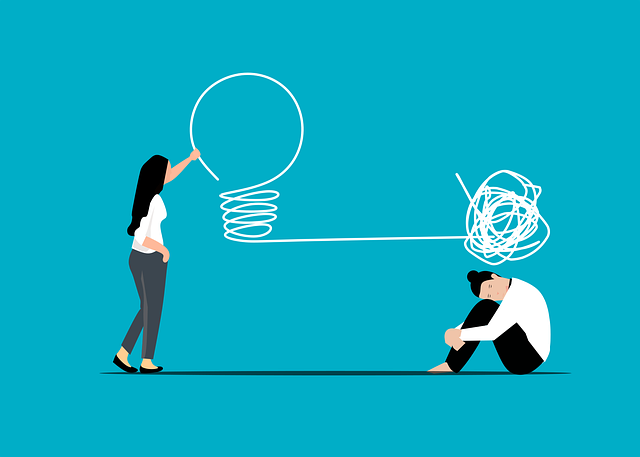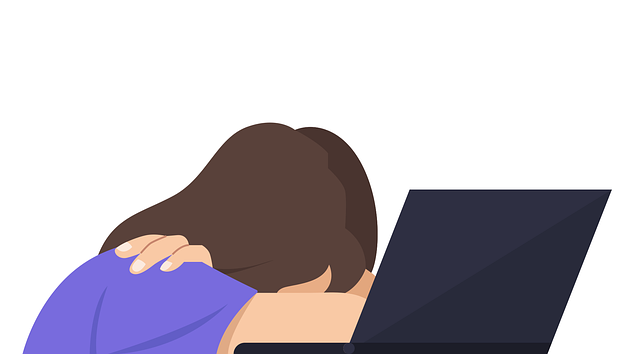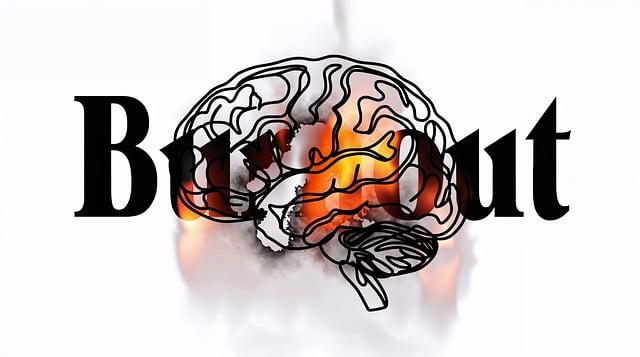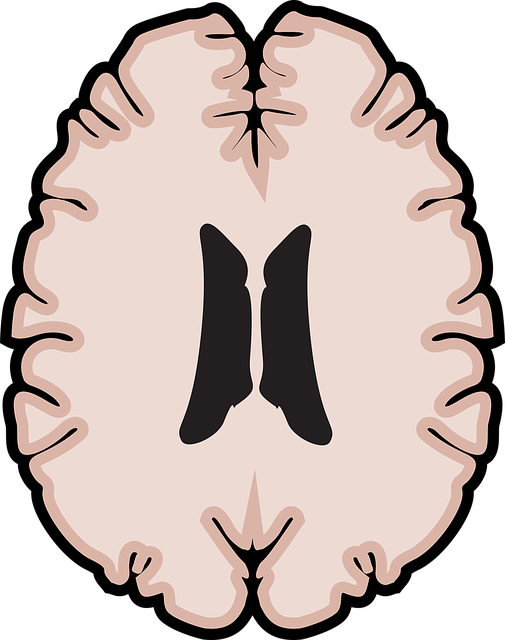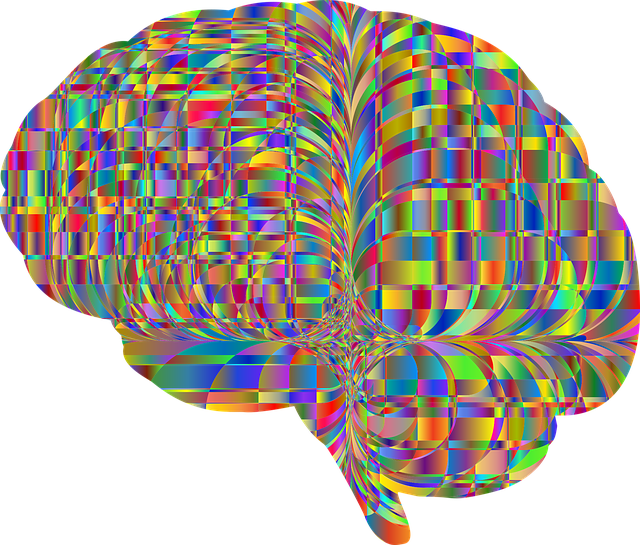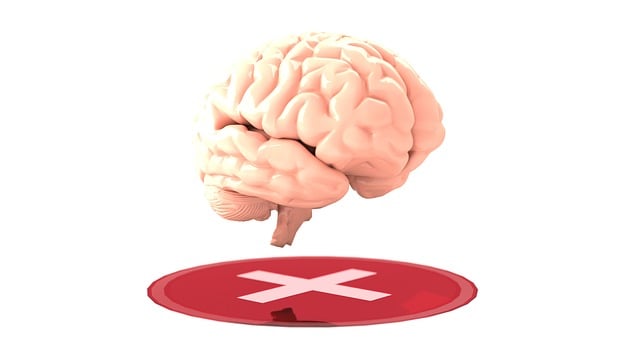Mental wellness self-assessment tools, from questionnaires to digital platforms, help individuals take charge of their emotional well-being through self-reflection. In the digital age, podcasts and exercises can promote open dialogue about mental health. Existing psychosis therapy assessments often lack holism, hindering personalized interventions. To achieve superior psychosis therapy, innovative tools should integrate qualitative and quantitative methods, crisis intervention guidance, evidence-based practices like conflict resolution, and risk management planning for professionals. By incorporating key concepts from Superior Psychosis Therapy into self-assessment tools, mental health management becomes more accessible, effective, and comprehensive, empowering individuals to proactively manage their well-being. Development involves iterative user trials, continuous testing, and integration of risk assessment for optimal outcomes.
Mental wellness self-assessment tools play a crucial role in early detection and management of mental health issues. This article delves into the development of such tools, exploring key aspects like understanding their significance, identifying gaps in current methods, designing effective assessments, incorporating superior psychosis therapy principles, and ensuring continuous improvement through testing and iteration. By leveraging these strategies, we aim to enhance mental wellness self-assessment accuracy and accessibility.
- Understanding Mental Wellness Self-Assessment Tools
- Identifying Gaps in Current Assessment Methods
- Designing Effective Self-Assessment Tools for Mental Health
- Incorporating Superior Psychosis Therapy Principles
- Testing, Iteration & Continuous Improvement
Understanding Mental Wellness Self-Assessment Tools

Mental wellness self-assessment tools play a pivotal role in empowering individuals to take charge of their mental health. These tools are designed to facilitate self-reflection, enabling users to gain profound insights into their emotional well-being and identify areas that may require professional assistance or support. A comprehensive self-assessment can range from detailed questionnaires to interactive digital platforms, each tailored to address specific aspects of mental wellness, such as stress management, anxiety, depression, and even psychosis therapy.
In today’s digital age, the production of a mental wellness podcast series can be a powerful medium for disseminating knowledge and raising awareness about various mental health issues. Coupled with self-awareness exercises, these tools offer a holistic approach to mental wellness, fostering open dialogue and encouraging individuals to seek help early. Moreover, the development of such assessments should consider the broader context of mental health policy analysis and advocacy, ensuring that the resources are accessible, evidence-based, and aligned with the evolving needs of communities worldwide.
Identifying Gaps in Current Assessment Methods

Despite advancements in mental health care, there remain gaps in current assessment methods for psychosis therapy. Many existing tools focus on diagnosing symptoms rather than evaluating an individual’s overall mental wellness and treatment needs. This often leaves important aspects of a person’s psychological landscape unaddressed, hindering tailored interventions. For instance, self-awareness exercises and stress management techniques, crucial components of holistic therapy, are frequently overlooked in standardized assessments.
Furthermore, crisis intervention guidance is not always seamlessly integrated into routine evaluations, leaving individuals at risk during acute mental health episodes. To fill these gaps, innovative assessment tools must prioritize comprehensive approaches that incorporate both qualitative and quantitative methods. By moving beyond traditional diagnostic boundaries, these tools can facilitate superior psychosis therapy by enabling healthcare professionals to offer more personalized and effective care.
Designing Effective Self-Assessment Tools for Mental Health

Designing effective self-assessment tools for mental health is a meticulous process that requires a deep understanding of psychological principles and user needs. These tools play a pivotal role in enabling individuals to gain valuable insights into their mental well-being, fostering self-awareness, and promoting proactive management of potential issues. Superior psychosis therapy involves tailored interventions based on accurate self-assessment, making it a cornerstone of comprehensive mental health care.
Integrating evidence-based practices, such as conflict resolution techniques and burnout prevention strategies, ensures that the assessment tools are both reliable and valid. Additionally, incorporating risk management planning for mental health professionals further enhances their effectiveness. By meticulously crafting these assessments, individuals can be empowered to take charge of their mental health, preventing escalation and promoting a healthier, more balanced lifestyle.
Incorporating Superior Psychosis Therapy Principles

Incorporating Superior Psychosis Therapy principles into self-assessment tools for mental wellness is a strategic move to enhance their effectiveness and reach. This therapeutic approach, known for its holistic and evidence-based methods, can significantly contribute to improving individual well-being. By integrating key concepts from Superior Psychosis Therapy, these tools can provide more accurate assessments, offering personalized guidance tailored to each user’s unique needs. For instance, techniques focusing on coping skills development and social skills training, core elements of this therapy, can be integrated to empower individuals with practical strategies for managing mental health challenges.
Furthermore, the design of mental health education programs should reflect these principles to ensure comprehensive support. Self-assessment tools that incorporate Superior Psychosis Therapy not only aid in early detection but also foster self-awareness and resilience. This approach promotes active participation in one’s mental wellness journey, encouraging individuals to take control and make informed decisions regarding their emotional well-being. Such tools have the potential to revolutionize mental health management, making it more accessible and effective for a diverse range of users.
Testing, Iteration & Continuous Improvement

The development of an effective self-assessment tool for mental wellness is an iterative process that requires rigorous testing and continuous improvement. Initially, prototype tools are trialed with a diverse range of users to gather valuable feedback. This initial phase helps identify any potential flaws or areas for enhancement in terms of clarity, usability, and effectiveness. The data collected from these trials is crucial for refining the tool, ensuring it aligns with the latest research and best practices in mental health assessment.
Through ongoing testing and user feedback loops, the self-assessment can be further optimized to deliver superior psychosis therapy outcomes. Incorporating evidence-based techniques like conflict resolution strategies and trauma support services within the tool can enhance its capability to cater to a broader spectrum of mental health needs. Regular updates, based on emerging research and user suggestions, ensure the tool remains relevant and effective. Moreover, risk assessment integration enables mental health professionals to promptly identify individuals who may require additional support or intervention, fostering more proactive and comprehensive care.
Mental wellness self-assessment tools play a pivotal role in empowering individuals to take charge of their mental health. By identifying gaps in current methods and incorporating principles from superior psychosis therapy, we can design effective tools that enhance self-awareness and facilitate proactive mental wellness management. Continuous testing, iteration, and improvement are essential to ensure these tools remain relevant and beneficial as our understanding of mental health evolves. This holistic approach fosters a more empowered and resilient society when it comes to navigating the complexities of mental wellness.

